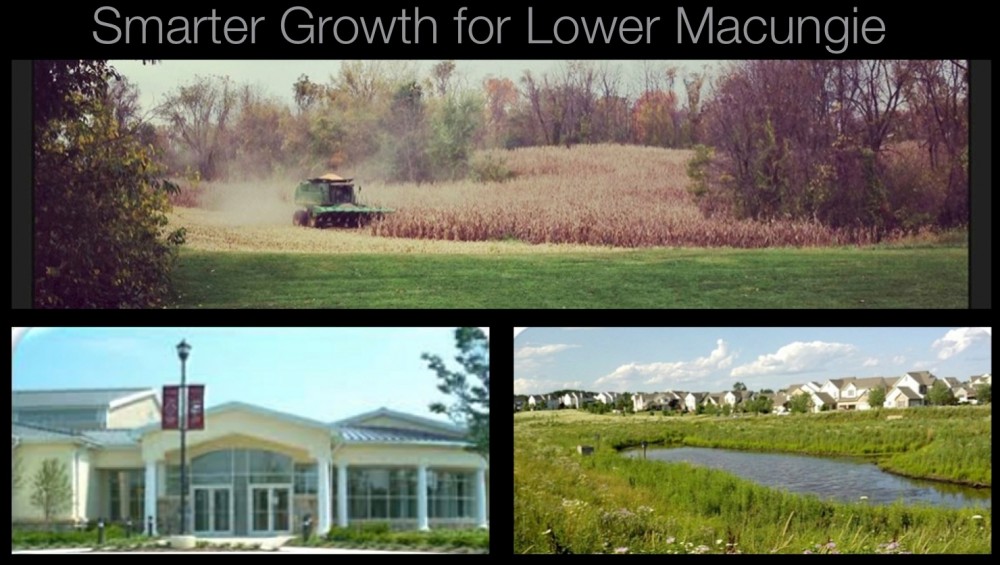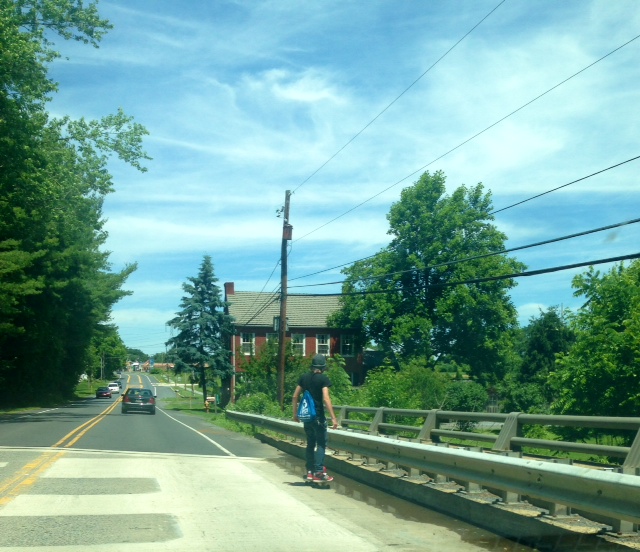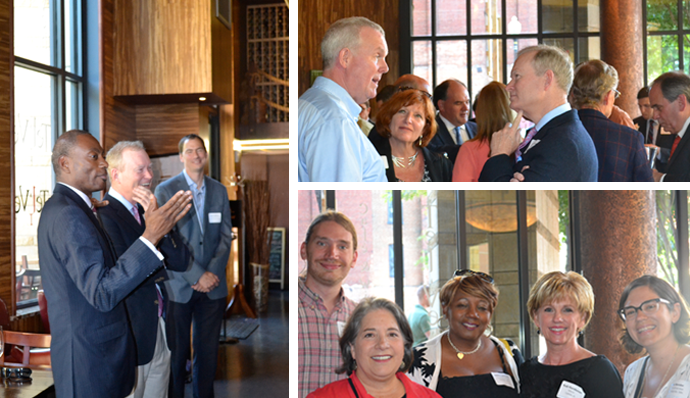Mike Schlossberg is the State Rep. from the neighboring 132nd district. He writes a blog called “Political Fails: When politics, government and Social Media collide”. As a proponent of politicians using social media, basically he covers the do’s and don’ts. As an elected official who is active on twitter, facebook & my own blog it’s definitely a page on my RSS feed.
This AM he tackled the subject of politicians blogging. Obviously, I blog. And I think its important to do so. I generally agree with his pro’s and con’s. Here are a couple more thoughts…
+’s
In depth posts +1 – “Twitter and Facebook updates have to be short to get to the point. There is usually no room for nuance or details in these types of format.” Definitely agree with Mike here. The negatives of T and FB are that often the character limits result in watering down of complicated issues. This leads to posts of a black and white polarizing nature. The main benefit of a blog is it allows me to expand on thoughts. Does this lead to longer posts? Yes. But I think we don’t give voters enough credit for having an attention span to really dig into the nuances of issues. I think my page views and emails they generate reinforce that.
Easy integration +1 – Much of the traffic to my blog is generated from T+FB. If I can pique someones interest with a short post, they then have the option to check out the blog for more. I sort of look at it like this. My blog is a soapbox. Twitter is a megaphone and FB a place to converse. All 3 sort of work in conjunction.
Ill add: I blog so people know what I’m thinking. I think I owe that to the people who vote. But I also blog because it helps me parse out and organize my thoughts on issues. I write a preview of most every BOC meeting. Is it time consuming? Yes. But well worth it. It makes me take the time to be able to write thoughtfully about every issue on an upcoming agenda. In LMT we’re part time Commissioners. My blog + practice of previewing meetings is my prep time. It’s duel purpose.
-‘s
Mikes #1 – Time commitment +1 – “Doing a regular blog entry takes a lot of time, and sometimes it also takes a good chunk of research and editing.” YES. I’m lucky in that owning my business let’s me make my own schedule. This is huge. If it wasnt for this the amount of blogging I do would be tough. I’m also not yet married and have no kids. This is also big. That of course is changing soon. But for now I make the time commitment work since I think its important to do so.
Commenters: “Online commenters are frequently just the worst kinds of people.” – Yes, agreed. Look anywhere and you see it. Anonymous trolls in particular. Mike again is right. Taking the anonymity of comments away is the best way to combat this. I do this by using a comment plug-in that uses FB as a vehicle. The disadvantage is that only ppl with FB accounts can comment. But when weighed with potential for comments to be taken over by trolls its worth it.
End of the day Mikes advice is to blog under two circumstances.
1. Have time to do it. – For now, I do. Once kids are in the picture that may change.
2. Have readership to justify. – I think I do. I average about 125 views with a day good mix of returning and unique. On days I post about hot button topics that number spikes dramatically. All time high is in the 500’s. On slow days it trickles to a couple dozen. Bottom line is no matter how much it helps me think through issues, if no one at all read my blog would I still do it? Doubtful.
I’ll add one more. I just enjoy doing it. I like to blog. I like social media. Its not a burden for me. At my core I’m a policy wonk. I enjoy writing about issues. I enjoy talking to people about issues. Particularly smart growth issues. I expand on that with cross posts on national blogs like smartgrowthforconservatives.com and strongtowns.org. I like writing about and thinking about things I care about therefore blogging is natural fit.









